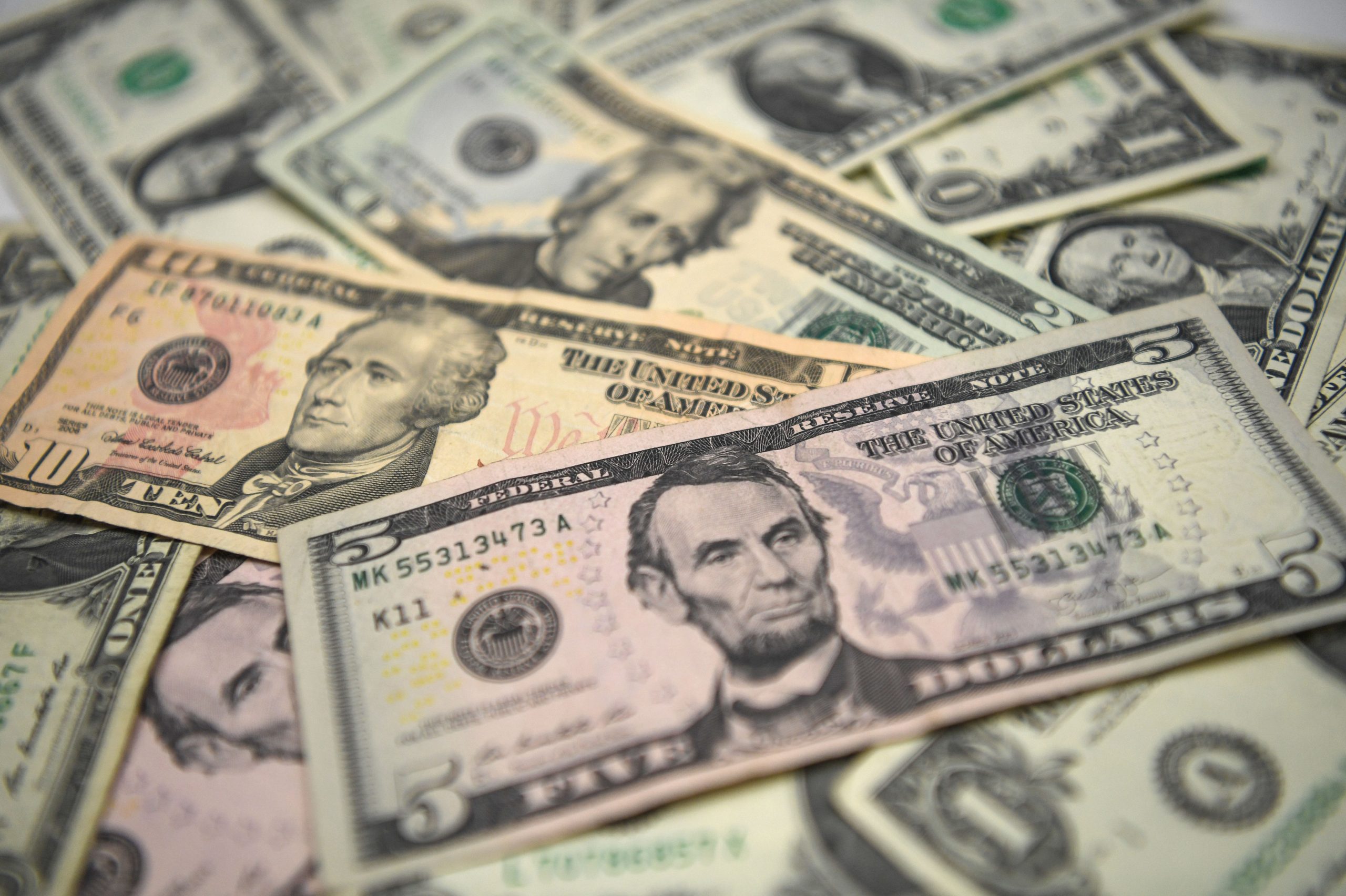The dollar was stronger on Friday, supported by investors betting that solid US employment data later in the day will leave the Federal Reserve on its aggressive hiking path to control inflation.
The strengthening greenback pulled the pound and euro off their intra-week highs in opening Asia trade, as the Japanese yen broke over 145 per dollar.
Also Read| Stocks to watch on Friday, October 7, 2022
The sterling fell 0.09% to $1.1150, having reached a high of $1.1493 earlier in the week owing to the UK government’s withdrawal of its proposed cut to the highest rate of income tax.
The euro was trading 0.05% down at $0.9788, following two failed attempts to reach parity this week.
Also Read| Trade Setup: Top 13 things to know before market opens on October 7, 2022
“The rhetoric coming from Fed speakers has been very clear in terms of this hawkish message,” said Rodrigo Catril, a currency strategist at National Australia Bank.
“That certainly reasserted the argument that not only does the Fed remain very much committed to keeping its foot on the tightening pedal, whilst at the same time, you look at economic data, and still the U.S. looks in a much stronger place than others,” he added.
Also Read| World Bank cuts India’s GDP growth forecast by 100 basis points
The US dollar index was up 0.04% at 112.29, after climbing over 1% overnight and moving away from the week’s low of 110.05.
Investors are awaiting the U.S. nonfarm payrolls data, which is coming later on Friday. Economists predict that 250,000 jobs were gained last month, compared to 315,000 in August.
Also Read| US weekly jobless claims rose more than expected
The yen was trading at 145.04 per dollar, near its 24-year low of 145.90 recorded last month, which forced the Japanese government to intervene to prop up the fragile currency.
Also Read| Apple in talks to make AirPods, Beats in India: All you need to know
The kiwi strengthened 0.04% to $0.5657, on track for its first weekly gain since August, after receiving some boost from the hawkish Reserve Bank of New Zealand, which raised its key cash rate by a widely anticipated 50 basis points on Wednesday and vowed more to come. The Australian dollar rose 0.05% to $0.6414







